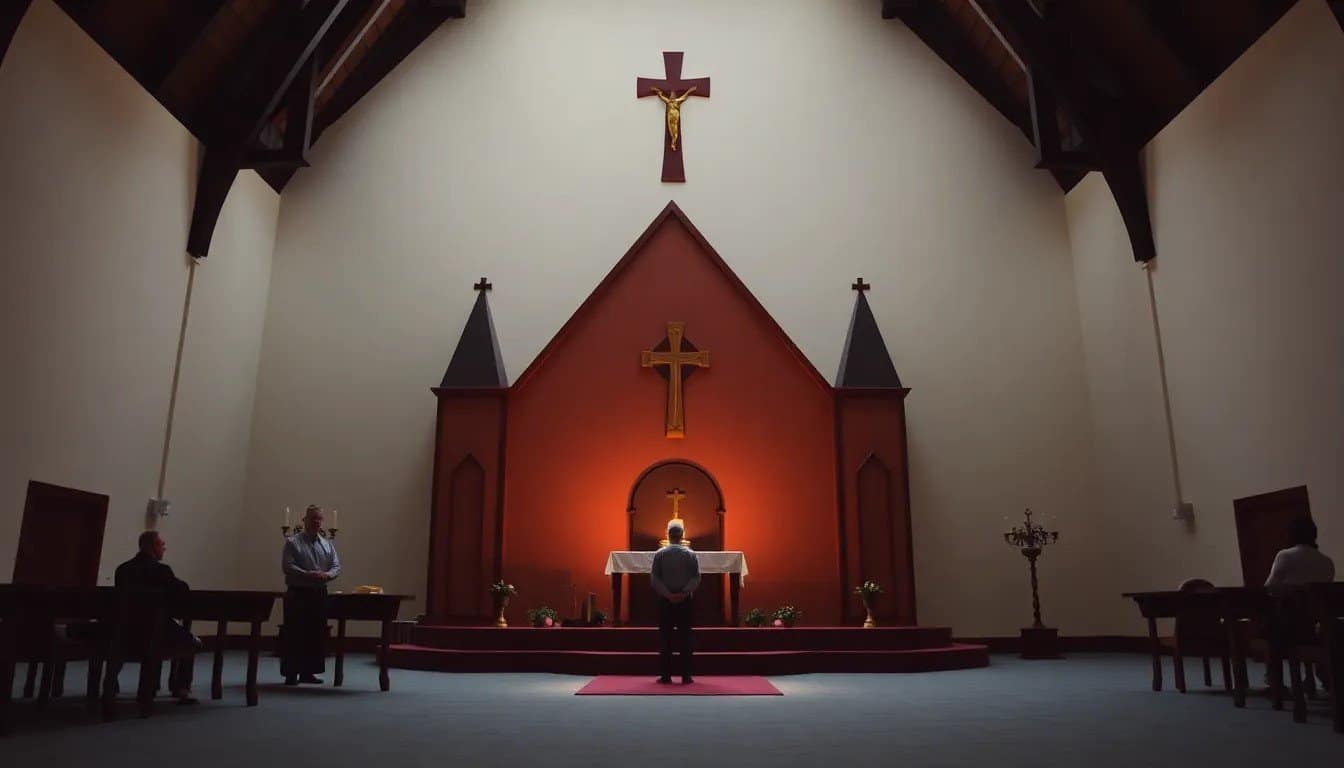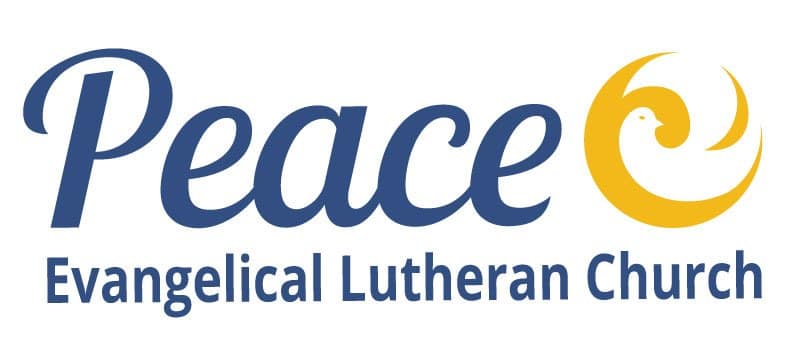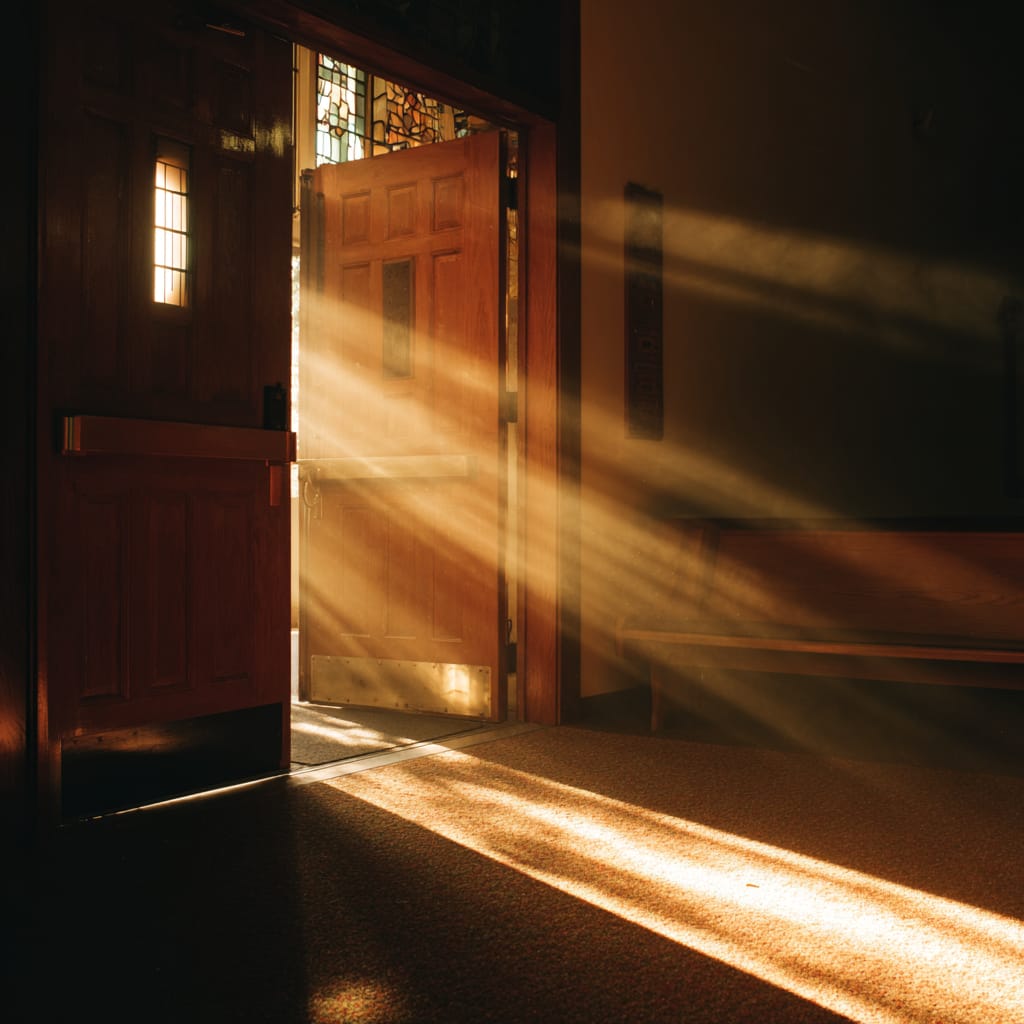In today’s world, trust in church leadership has been shaken. This post explores practical ways to rebuild trust within our faith community, emphasizing transparency, accountability, and active listening.

Over the past decade or so, confidence in church leadership has taken severe knocks. Indeed, many reports indicate that public confidence in clergy members has declined, with surveys again indicating this by a drop in the perceived honesty and ethical standards of pastors. This is not an issue to be handled within the parameters of only the church, but it is part of an overall problem that involves the confidence people have in leadership from pretty much all aspects of life.
he Congregational Consulting Group identifies that this is a multidimensional and deep-seated loss of confidence in religious institutions, as well as leaders in many sectors. People want to feel safe and confident in their communities—especially in places like the church that fosters spiritual and personal well-being.
So how will we start again to rebuild this at home in our own congregation? Here are a few ways it can make a difference:
- Free Flow of Information: Introduce transparency in the communication between the church leadership and other members to the effect that decisions, challenges, and opportunities should be made known; questions, if any, are welcomed and responded to with candor and courtesy.
- Accountability Applied: The leaders lead by example, exercising ethics in every sphere of church life. Where there is an error, it needs to be acknowledged and measures taken to rectify it, reinforcing the values binding on our community.
- Active Listening: The best way to develop trust amongst people is by hearing them out. Time should be offered for sharing problems, experiences, questions, etc., and that too encouragingly. When people are heard, they develop a sense of trust in the leadership and connect with the community.
- Community Engagement: Engaging members in decision-making and seeking greater avenues of service and involvement gives them more of a sense of ownership. When all feel they have a part to play, their trust will naturally come. This does not happen on its own overnight, but takes lots of determination and openness, with paramount commitment towards one another. The concentration on transparency, accountability, and community involvement will further tighten our bond as we continue in growth into a faith community that is brought together by trust and integrity in service to God.
Together we will be the kind of church that would reflect God’s love and build trust with every interaction.





